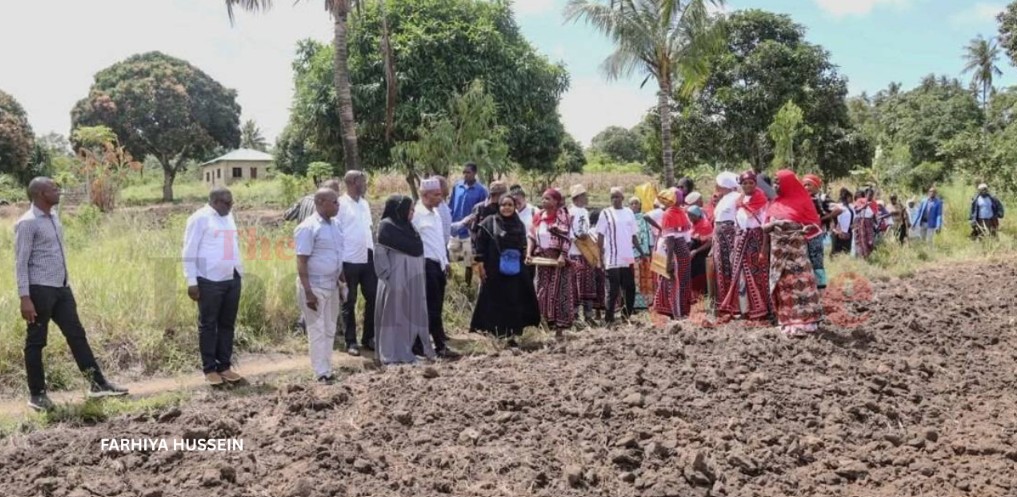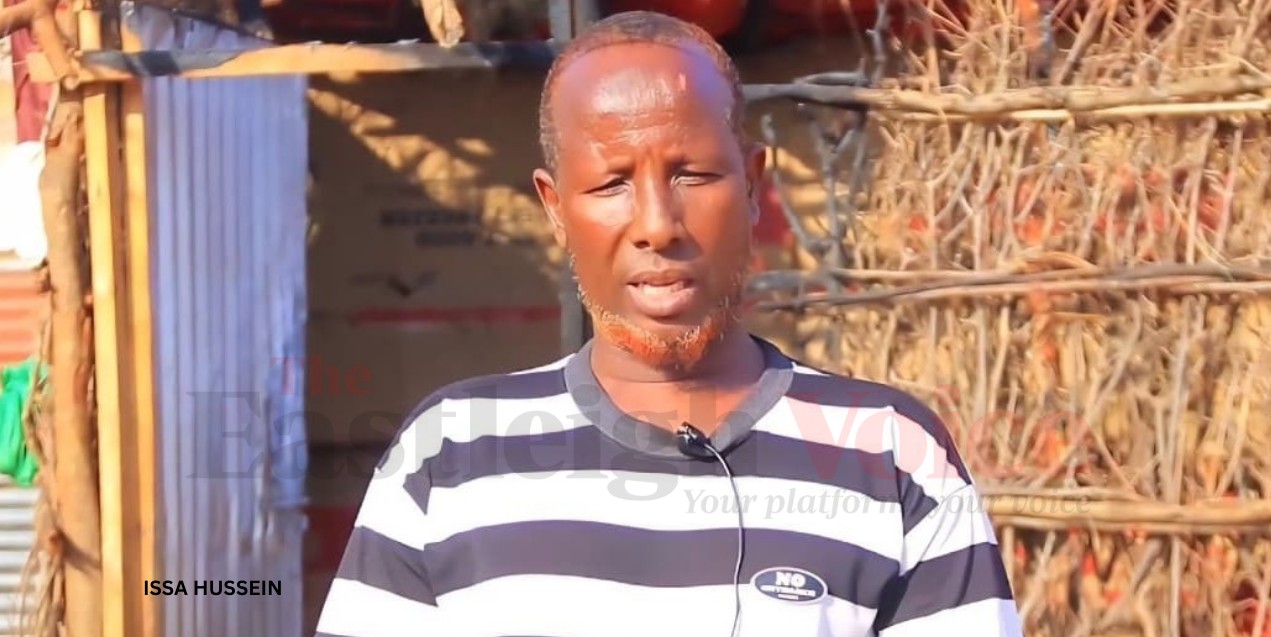Solar-powered drip irrigation transforms farming in Kwale, ending food shortages

The new irrigation systems source water from boreholes, underground springs, dams, and water pans—bringing much-needed relief to communities where growing seasons were once painfully short.
For decades, farming in Kwale County’s arid and semi-arid areas was a risky venture, entirely dependent on erratic rainfall. Now, that reality is changing as smallholder farmers turn to solar-powered drip irrigation, enabling them to grow crops all year round.
“This is more than farming; it is hope. In the past, we watched our plants wither when the rains failed. Now, the sun that used to dry our fields is the same sun helping us water them,” said Said Mwinyi.
More To Read
- Are African countries aware of their own mineral wealth? Ghana, Rwanda offer two different answers
- Kenya pushes for strict pesticide ban across COMESA bloc
- Scientists discover that tomato is 'mother' of potato
- Government revokes licences of tea exporter accused of irregular trade with Iran
- Smallholder farmers in Africa lead climate change adaptation: G20 should fund their efforts
- Food security in Africa at risk without increased agriculture budgets, ministers warn
The new irrigation systems source water from boreholes, underground springs, dams, and water pans—bringing much-needed relief to communities where growing seasons were once painfully short.
For Aisha Kombo, the change has been life-changing. “I can now grow vegetables even in the dry season. This means my children have food every day, and I have extra to sell in the market,” she said.
Modernise agriculture
Supported by the Kwale County Government, the initiative seeks to modernise agriculture through climate-smart solutions while boosting economic resilience.
Juma Mangale said the project had given him a reason to stay in farming.
“I had lost hope in farming because it wasn’t sustainable. Now, I can plant any time of the year and still make a profit,” he said.
For Mwaka Zani, the benefits go beyond income. “We used to face food shortages for months, and some of us would skip meals. This project has restored our dignity,” she said.
Even long-time farmers have been impressed. “I have farmed here for over 40 years, but I have never seen anything like this. The soil is the same, but the results are different because the water is steady,” said Mzee Kibwana.
Governor Fatuma Achani said the county is committed to rehabilitating and expanding irrigation systems to reduce reliance on seasonal rains.
“We are determined to support farmers with modern technologies that conserve water, increase yields, and secure livelihoods,” she said during the launch of the micro irrigation project in Tiwi Ward, Matuga Sub-county.
The Sh2.6 million project includes a submersible solar pump powered by 240-watt solar panels, a concrete water tank, pipeline works, a drip irrigation system, and perimeter fencing.
Farmers in the group will focus on horticulture—growing tomatoes, kale, brinjals, onions, and African leafy vegetables for both home use and sale in the market.
Governor Achani noted that similar projects are being rolled out across the county in collaboration with development agencies and community-based groups, as part of a broader plan to position Kwale as a model for climate-smart farming in the coastal region.
“This is how we break the cycle of food insecurity and poverty by equipping our people with tools that work,” she said.
Top Stories Today













































